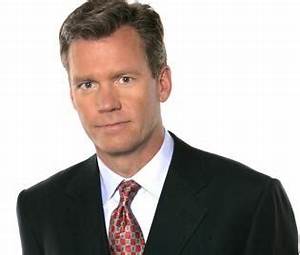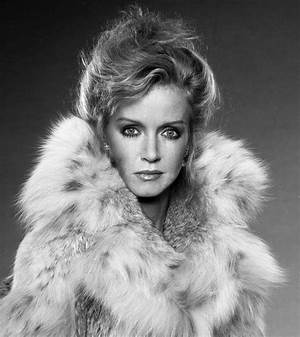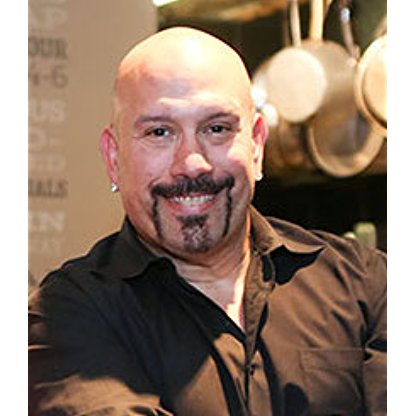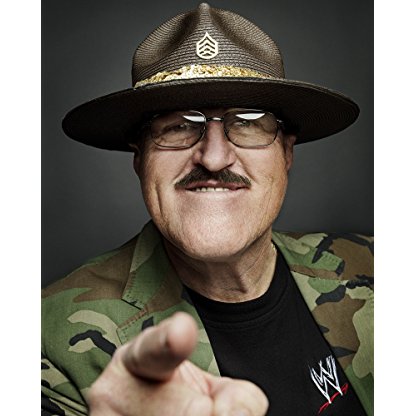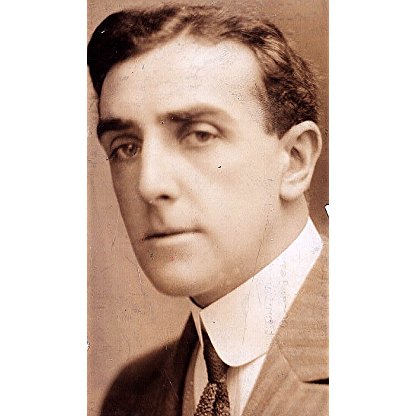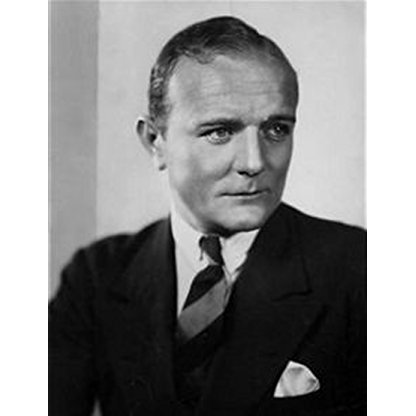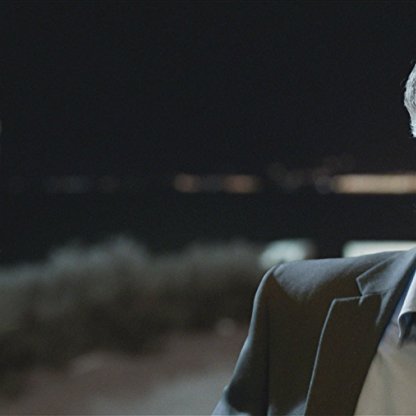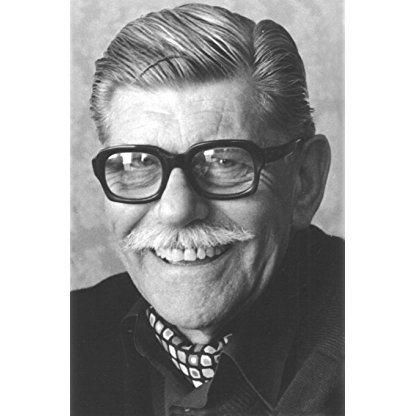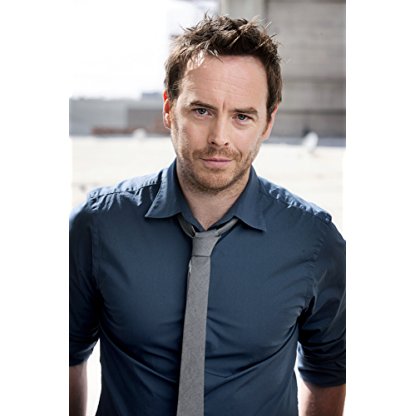On 2 January 1939, Holloway married a 25-year-old Actress and former chorus Dancer named Violet Marion Lane (1913–1997) and they moved to Marylebone. Violet was born into a working-class family from Leeds. Her mother was Scottish, and her civil Engineer father, Alfred Lane, was a Yorkshireman. Holloway's second marriage lasted over 40 years until his death in 1982. Although he was a client of the Aza Agency in London, Violet effectively managed Holloway's career, and no project was taken on without her approval. In his autobiography, Holloway said of her, "I suppose I am committing lawful bigamy. Not only is she my wife, lover, mother, cook, chauffeuse, private secretary, house keeper, hostess, electrician, Business manager, critic, handy woman, she is also my best friend." Together, they had one son, Julian, who also became an actor and is best known for appearing in the Carry On films. Julian had a brief relationship with Patricia Neal's daughter Tessa Dahl which produced a daughter, the model and author Sophie Dahl.
